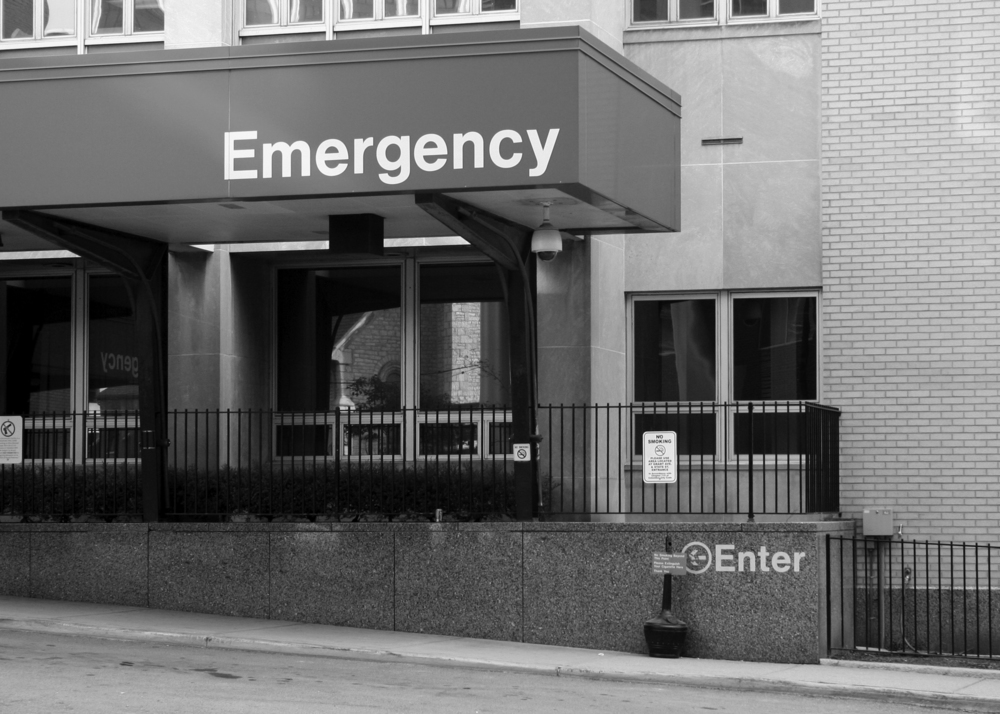
How are you today? In good health? Health is massively important, to everyone. And communications is a vital if relatively recent professional function in the NHS. So why is it that it is often misunderstood, ignored or mistreated?
By Alan Taman
There are many PRs whose employers or clients misunderstand what PR is. The role of the PR then includes education about the realities of the profession and the process. But it is ironic that, to most health professionals, the communications function as it relates to public relations is something they are unfamiliar with.
I am now a researcher and campaigner for health journalism and PR, but I spent over 8 years as a senior press officer in a high-profile trust (Birmingham Children’s Hospital). The at-times glaring disparity between the rock-solid ethical codes informing what the health professionals did and the almost absent or at best arbitrary framework the comms team were operating in led me to wonder just how much work PRs had to do to get their health and management colleagues to recognise them as equals.
My Masters research did indeed show that many of them felt that although they had earned the respect of their organisations the key word was earned. They had to. And it nearly always took them a long time. Further research showed a further irony: the set of guiding principles which the likes of the CIPR and the NUJ promote as ethical PR are, in fact, derived directly from healthcare ethics. Yet many of the health PRs I interviewed felt there was no overarching framework in the NHS to reflect and support that. It was all down to the individual. Who, nearly always, felt their role to be defined largely in terms of the relationship they had with their CEO. Not necessarily a bad thing. But what comes with the CEO goes with the CEO, and if the next one’s views about the press are radically different, what hope can there be for a comms function that is rigorous and sustainable – ie, professional?
These uncomfortable questions were set amidst a generally positive landscape: most health PRs felt they were appreciated. Yet one in six of those I spoke to also said they had been asked to act unethically by a member of NHS staff.
PR in health has a wonderful history. As part of fundraising, it has made many achievements by hospitals possible which would otherwise simply not have happened. The comms function continues to grow, and attract respect from health professionals and managers for the great work it does.
And yet. Pressures on healthcare are growing. As is the pressure to obfuscate, or even – protect us all – downright lie. And, with health, that matters because it can jeopardise what we all place great value in. Health itself.
Concerns like this led me to co-organise and help run a major international conference on health journalism and PR in May (www.europeanhealthjournalism.com ) and the ongoing campaign to improve standards and training. Health comms can pride itself on proving its worth in growing from an arm of fundraising to its present state. But it is under threat – as is the NHS itself. It’s up to the comms professionals to defend health comms. Because no one else will.
Alan Taman is currently researching and campaigning for better training and standards in health journalism and PR. He is a member of the National Union of Journalist’s Public Relations and Communications Council. He can be contacted on: healthjournos@gmail.com or via his website. You can follow the campaign on @healthjournos on Twitter or on www.europeanhealthjournalism.com
Image via Morguefile.com
